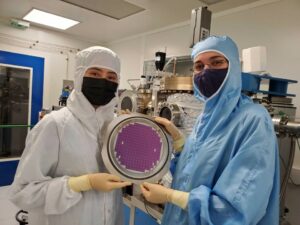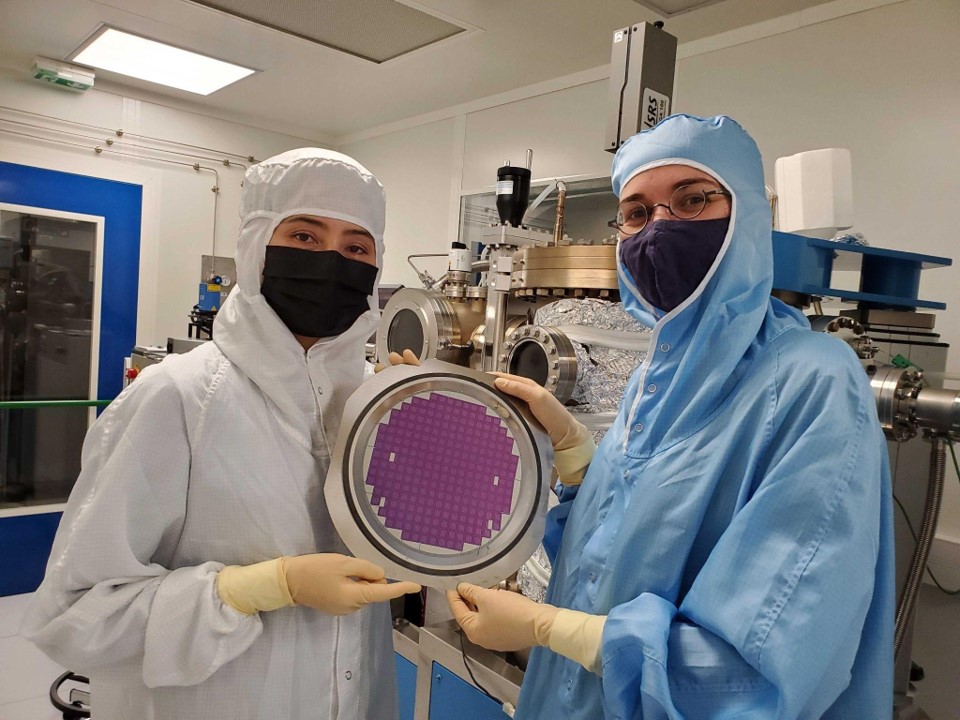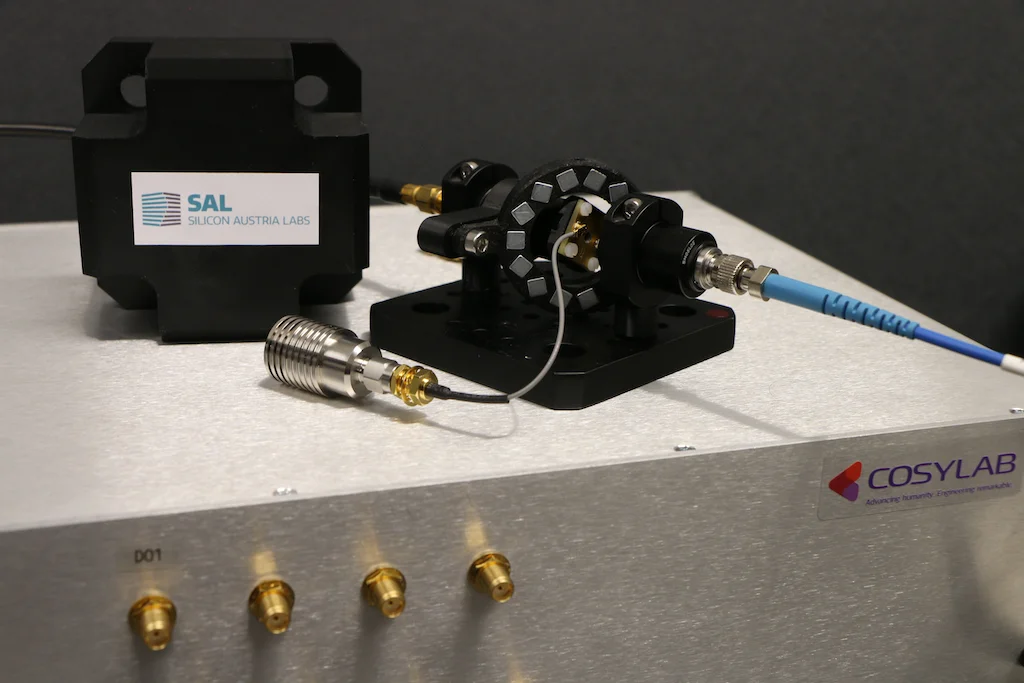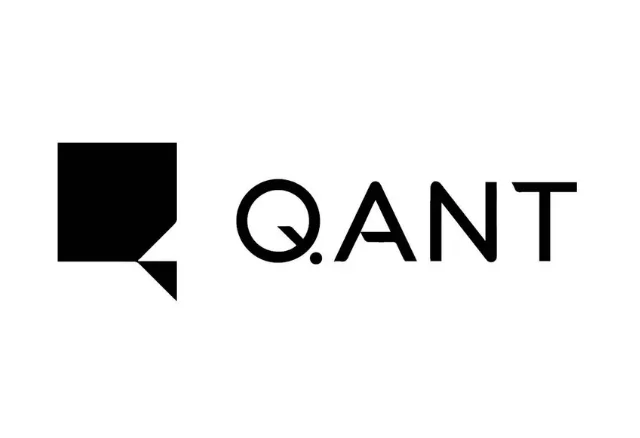
PRESS RELEASE — CEA, a French key player in research, development and innovation, and C12 Quantum Electronics, a startup focused on developing the next-generation of quantum computers using carbon nanotubes, today announced a partnership to produce the first multi-qubit chips at wafer scale.
Building on the breakthrough of manufacturing quantum chips on 200mm silicon wafers using CMOS processes, C12 is pursuing the next materials leap in quantum computing: using carbon nanotubes to build quantum bits, or qubits, the fundamental building blocks of quantum computers. By combining an ultra-pure material with an easy-to-manufacture semiconductor device, the company is building a scalable and ultra-coherent platform for quantum computing.
In addition, C12 and CEA have demonstrated a world’s-first ability to manufacture, with precision and in volume, core components to calibrate, control and read qubits, using standard manufacturing processes. Combined with C12’s unique nano-assembly process, this will enable large-scale integration of reliable qubits. In that process, nanotubes are assembled mechanically by C12 onto the semiconductor chip fabricated by CEA. This enables C12 to design electronic circuits with near-arbitrary complexity, while protecting the qubit from contamination until the final fabrication step.
The two partners also have started manufacturing electronic chips for C12’s quantum accelerators, the startup’s first product milestone. C12’s roadmap includes growing a range of quantum accelerators for integration into classical supercomputers.

C12, a leader in the search for materials breakthroughs for quantum computing, closed a $10 million seed round of funding in June 2021.
“This partnership is a key milestone for our company to transfer an academic fab process to an industrial-grade semiconductor fab process, which was a major challenge,” said Pierre Desjardins, CEO & co-founder of C12. “Thanks to CEA-Leti, we will benefit from better quality and higher volume as well as will prepare for industrialization of our devices.
“Quantum technology offers great promise for the next computing generation but still faces significant developmental challenges for fabricating qubit chips. Combining well-established CMOS technologies with C12’s original approach using carbon nanotubes could accelerate progress toward commercializing quantum computing and manufacturing those chips at scale,” said Sébastien Dauvé, CEA-Leti’s CEO. “CEA-Leti’s team and expertise will help C12 reach that higher level of technological maturity more rapidly.”
In addition, the collaboration will further investigate integration of innovative materials to optimize the properties of qubits hosted in carbon nanotubes, and includes continued work on the design and fabrication of multi-qubit chips.
A final full prototype is expected in 2024.
For more market insights, check out our latest quantum computing news here.














